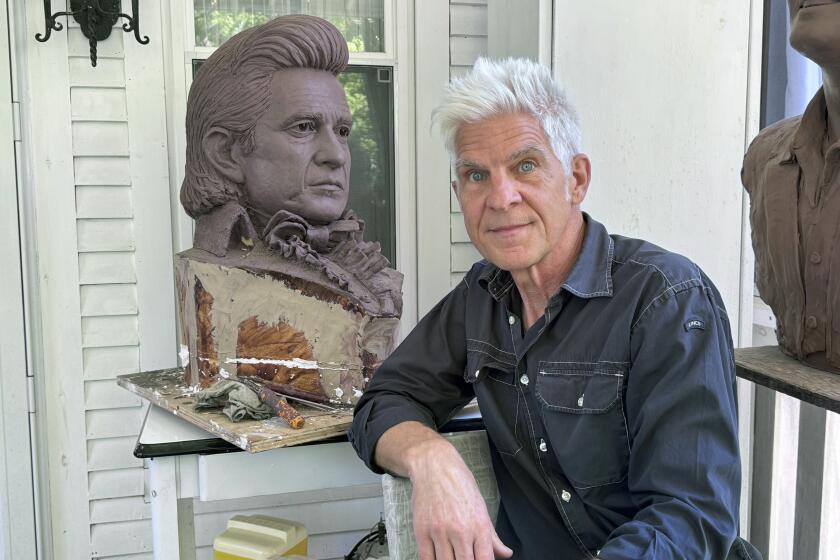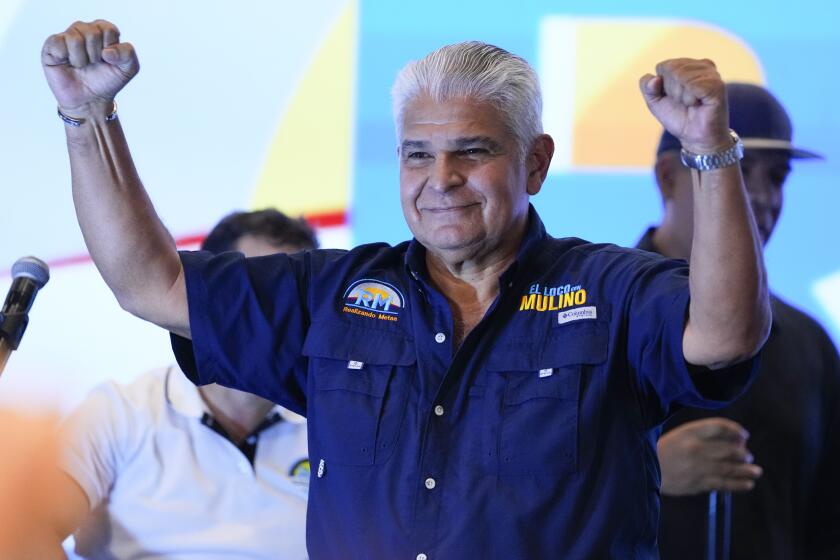Paris Meeting a Key Symbol for Vietnam : Aid: World agencies are encouraging investments that could quickly make the nation a player in the international economy.
Vietnam, back in the international financial community after decades on the fringes, is about to bid for the money for a $7-billion face lift.
At a conference in Paris scheduled Tuesday and Wednesday, Vietnam will seek funding from governments and aid agencies for projects to haul its economy into the 21st Century after 30 years of almost continuous war and 10 to 15 years of orthodox communist rule.
The reformist communist government, building a market economy since the late 1980s, aims to maintain growth of 8% a year and double annual national income to $26.8 billion, or about $400 a person, by the year 2000.
“Vietnam’s turn for rapid economic growth is now,” the government said in a report for the Paris Donor Conference.
After a year in which the United States has eased--but not lifted--an economic embargo and Vietnam has restored ties with the international financial agencies, the conference resembles a debutante’s coming-out party.
“1993 will be remembered as a turning point in Vietnam’s modern history,” said Roy Morey, head of the United Nations Development Program operation here.
“The donor conference . . . will signify Vietnam’s entry into the international community.”
Hanoi has bounced back from more than a decade of ostracism for invading Cambodia in 1978 and--Vietnamese and foreign supporters argue--for evicting U.S. forces 20 years ago.
The U.S. embargo remains the only stigma, and Vietnam would dearly love to see it lifted to crown its emergence as a modern, forward-looking nation.
Hanoi has shored up relations this year with Western Europe, Japan and non-communist Asian governments and agreed with China not to go to war over border disputes.
Top officials from the International Monetary Fund, the Asian Development Bank and World Bank have visited Hanoi, praising its reforms and talking up the future.
IMF managing director Michel Camdessus said he believed Vietnam could cut inflation from 17.2% last year to perhaps 8% in calendar 1993 and could soon catch up with Southeast Asia’s booming “tiger” economies.
The IMF signed a structural adjustment deal with Hanoi and agreed to lend $223 million, while the development bank lent $76.5 million--the first loan in a scheduled $272 million in commitments by the end of 1993--and the World Bank gave $228 million in credits.
More to Read
Start your day right
Sign up for Essential California for news, features and recommendations from the L.A. Times and beyond in your inbox six days a week.
You may occasionally receive promotional content from the Los Angeles Times.






